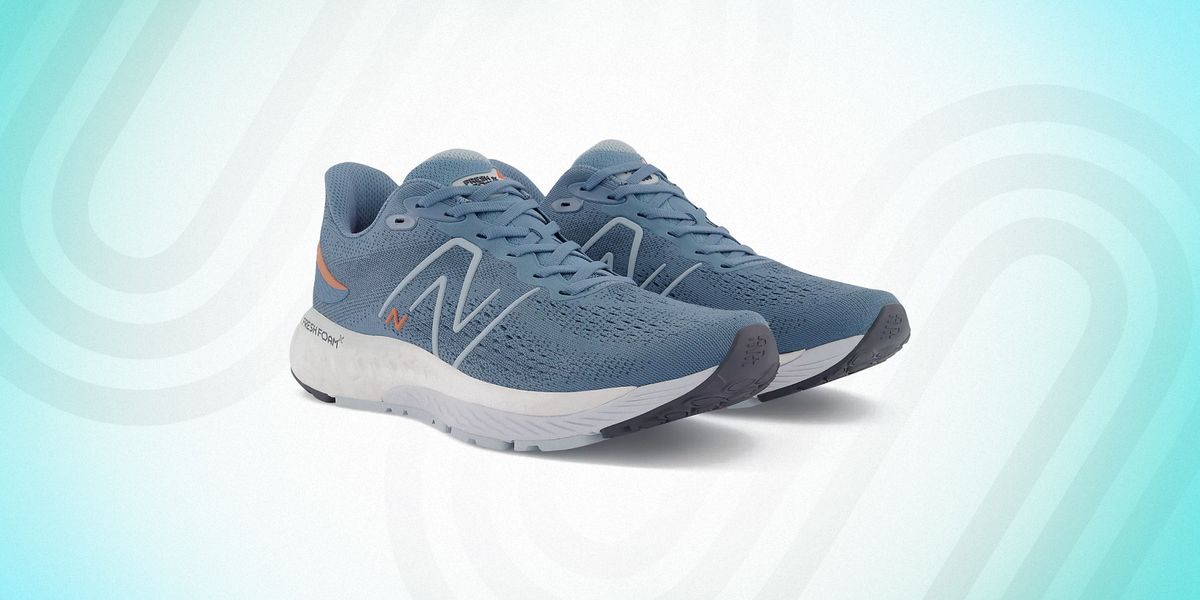With so many choices for the running shows, it may be a daunting task to find the right pair. There are running shoes for low and high mileage, high-performance athletes and people with wider feet, among other qualities. The ideal shoes should offer fitness, comfort, and foot support. Here is a quick overview of the things to check when choosing the right shoes.
Determine the Location of Your Run
The surfaces on which you will be running determine the kind of cushioning and sole that you need for the shoe. Therefore, you need to consider where you will be running most of your races and buy a shoe that has a bias on the surface. There are shoes that are best suited for road running, mixed surfaces, trails, and gravel surfaces. Buying the right shoe for your surface ensures safety and enhanced comfort.
If you will be trail running, go for shoes with deep treads for better ankle support and grip. However, if running on paved roads, opt for relatively smooth soles to prevent studs from causing you some discomfort.
Go for Specific Shoes for Running
It is obvious that you are looking for shoes to run in. However, there are several shoe brands for athletics that are not necessarily meant for running. Most sneakers also look like running shoes. You can run on any sneaker out there, but shoes meant for running are specifically designed to help you run more comfortably, faster and prevent foot and ankle injuries. Therefore, when looking for a shoe, look for one that is specifically meant for running.
Go for a Fitting Shoe
This is important to keep in mind when buying any shoe, whether running or otherwise. First, you should leave a thumb’s width between the toe and the edge of the shoe. It prevents you from hitting the edge of the shoe as you run downhill. The shoe should also have enough space for you to wiggle your feet comfortably.
On the other hand, the shoe should not be too roomy such that it feels sloppy on the foot. The upper should also wrap comfortably so that the heel stays in place. Besides, determine if you need a wide, regular, or narrow option for the shoe.
Determine the Cushioning You Need for the Shoe
Do you want to feel as if you are splinting on air, or would you like to feel the ground? The size and firmness of the material under the midsole help with any of the above. Go for a thicker and firmer sole if you need more support, or a less firm one if you need more flexibility and to feel the ground. Besides, if you have joint issues, you may need to opt for better cushioning to reduce the impact of hitting the ground on the joints.
How is Your Gait?
Do you strike your heel or overpronate? Does your foot have high arches or is relatively flat? Your gait helps determine what areas of the shoe need support or will wear out faster. It also helps determine if you need additional support to prevent injuries.
In most cases, people with high arches require support in that area of their feet, while those with relatively flat feet need added cushioning due to the manner in which they step. If none of these issues apply to you, go for a neutral shoe.
Will You be Wearing Insoles?
Do you already wear insoles? If you do, consider including them when determining the proper shoe fit. Insoles help customize the shoe fit to offer additional comfort, especially if you have gait problems or problems with the heel, arch, or ball of the foot. It is recommended that everyone try insoles when buying shoes.
How Far Will You Be Running?
The average distance you will be running at any given time will determine the style of the shoe that you will be buying. If you will be running for long distances, you need more cushioning to prevent injuries and get a good sole. On the other hand, you need flexible shoes for shorter distances and general fitness training. If you will be doing a little of each, go for neutral, relatively firm midsoles to offer more flexibility and support than shoes specifically meant for each of those distances.
Does the Brand Matter?
Brand names do matter. However, it only matters after you have checked the function of the shoe. There are several brands that focus on style rather than function when making their shoes. You’d better go for a little-known brand that offers the right mix of qualities that you need for your running rather than a popular brand that is deficient in one or two areas.
When buying runner shoes, consider those that provide the best fit, required support and comfort. Check these details when looking at online running shoes before making an order. Once you have achieved these, check durability, ease of maintenance, and their general look. Price should always come last when comparing shoes.

